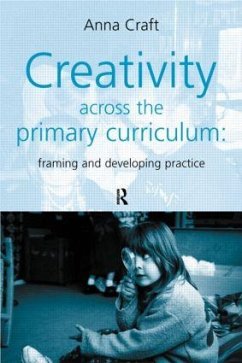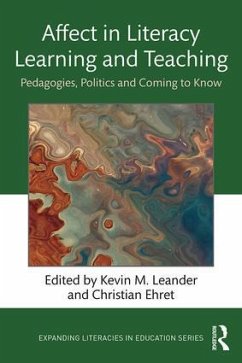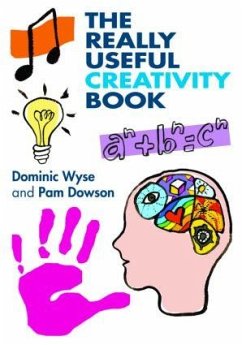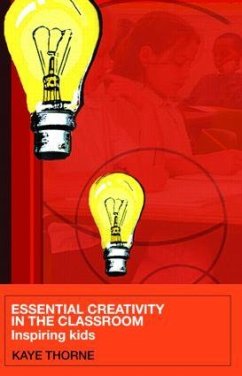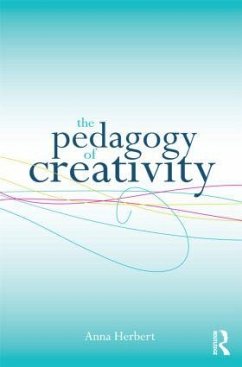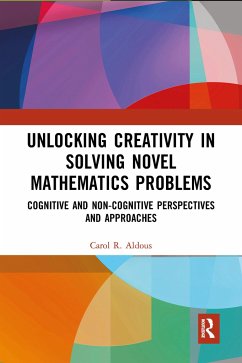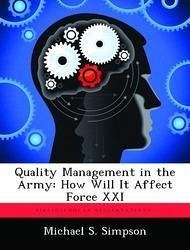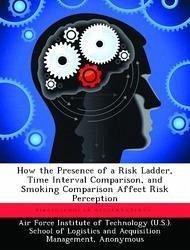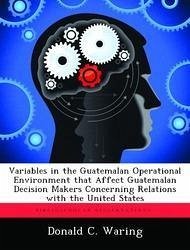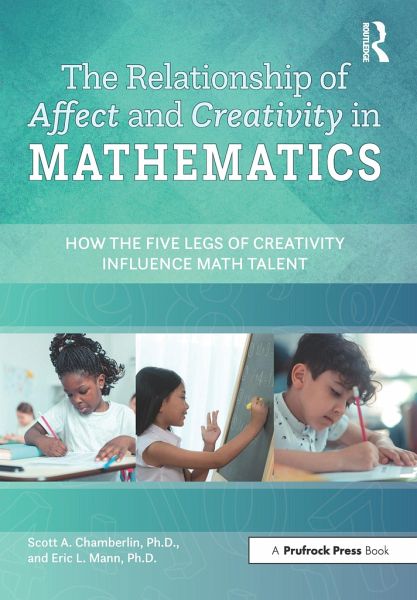
The Relationship of Affect and Creativity in Mathematics
How the Five Legs of Creativity Influence Math Talent
Versandkostenfrei!
Versandfertig in 1-2 Wochen
64,99 €
inkl. MwSt.
Weitere Ausgaben:

PAYBACK Punkte
32 °P sammeln!
The Relationship of Affect and Creativity in Mathematics explores the five legs of creativity-Iconoclasm, Impartiality, Investment, Intuition, and Inquisitiveness-as they relate to mathematical giftedness. This book:Discusses these affective components relevant to mathematical learning experiences. Shares how affective components impact students' creative processes and products. Shows the influence of learning facilitators, including teachers, afterschool mentors, and parents. Describes facilitating environments that may enhance the likelihood that creative process and ultimately product emerg...
The Relationship of Affect and Creativity in Mathematics explores the five legs of creativity-Iconoclasm, Impartiality, Investment, Intuition, and Inquisitiveness-as they relate to mathematical giftedness. This book:Discusses these affective components relevant to mathematical learning experiences. Shares how affective components impact students' creative processes and products. Shows the influence of learning facilitators, including teachers, afterschool mentors, and parents. Describes facilitating environments that may enhance the likelihood that creative process and ultimately product emerge. Utilizes the expertise of two young scholars to discuss the practical effects of affect and creativity in learning experiences. This practical, research-based book is a must-read for stakeholders in gifted education, as many advanced students are underidentified in the area of creativity in mathematics.





